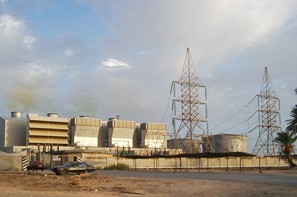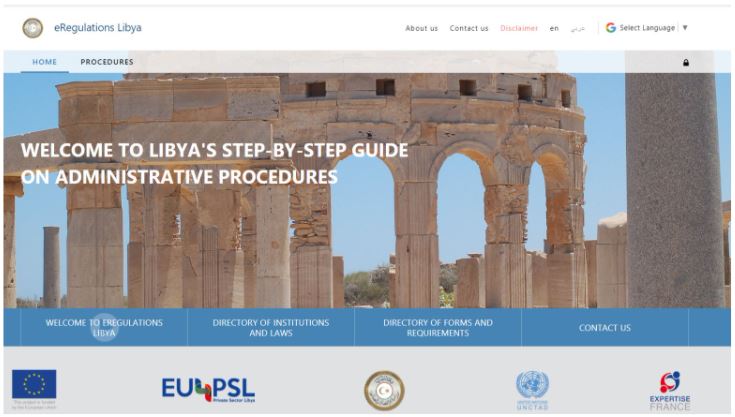By Libya Herald reporter.

Nottingham, 9 March 2015:
Libya could save equal to the output of a large power station if more households took . . .[restrict]simple measures to conserve energy, a study by Nottingham Trent University has found.
By implementing a range of energy-saving measures – such as fitting energy efficient light bulbs, vacuuming only twice a week, reducing the number of air conditioners in use, and more – almost 18 million megawatt hours of electricity could be saved per year, equal to the output of a two gigawatt power station.
“Demand for electricity has more than doubled in Libya since 2000 as people’s living standards have improved, and many regions and cities suffer from blackouts due to shortfalls in electricity,” said Professor Amin Al-Habaibeh, of the university’s School of Architecture, Design and the Built Environment, who led the study.
“Many more Libyan households now own computers, second or third television sets, DVD players and more, and it’s expected that the demand for power will increase by more than two-and-a-half fold by the end of 2020.
“As domestic energy use accounts for 36 per cent of the country’s total energy consumption, it’s imperative that more measures are introduced in households to help the country cope with the growing demand for electricity.
“Not only that, but consumption patterns of electricity in the Middle East and North Africa are now coming under the international spotlight as people recognise the potential role the region could play in exporting renewable energy, particularly solar energy, to Europe.”
The study, which involved a survey of 429 households in Libya, has been published today by the academic journal Applied Energy. It was written by Professor Al-Habaibeh and postgraduate researcher Ahmed Mohamed, with Dr Hafez Abdo from Nottingham Business School and Sherifa Elabar of Benghazi University.
Among its findings, it shows:
- About 70 per cent of people use the standby function on electrical goods like TVs, computers and more, rather than switch them off
- Just 18 per cent of households use energy efficient lighting somewhere in their homes
- Only three per cent considered wall insulation as a way to conserve energy
- Only 35 per cent use roof insulation
- None of the respondents considered double glazing
Ahmed Mohamed, from Libya, who undertook the survey as part of his studies at Nottingham Trent University, said: “The research has brought about some very interesting findings which can relate to people’s energy usage in other countries, as well as in Libya.
“For instance we’ve found there’s a direct correlation between the increased number of television sets per household and the increased demand for energy. Second and third television sets tend to be in other rooms, which all require lighting, heating or cooling, whereas five years ago these rooms would be largely vacant. If more families watched the television together, significant energy savings could be made.”
The study recommended that Libya introduces a clearer and firmer energy policy with a focus on increasing awareness of energy costs, domestic appliance ratings, energy saving equipment, tips on how to save energy and the consequences of people not changing behaviour.
Mohamed added: “Although household energy bills are part-met by the government, people need incentives to save energy and support to invest in energy efficient measures, in particular renewable sources of power like solar power. Only by doing this would it be possible to reduce the number of programmed power cuts in the country without investing heavily in new power stations.” [/restrict]








